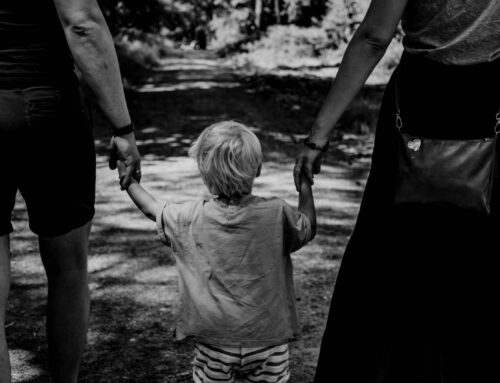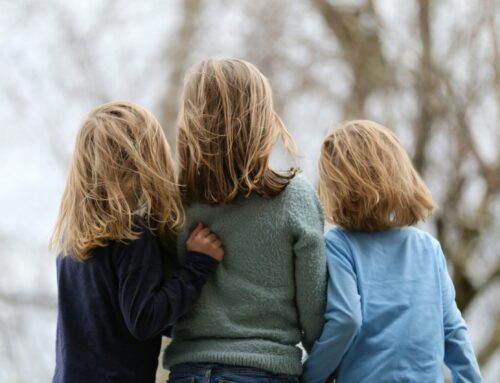It’s holiday season again. My, how time flies. It seems like I was just putting away my sandals and hammock and pumpkin spice is everywhere. Holidays can be special times for connecting and making memories, especially for children. Holidays can also be times of added stress and conflicts, which is especially hard for children. If you are in a two-home family, even more reason to make sure communication and plans are clear well in advance of the holiday you are celebrating. These tips are meant to help reduce conflicts, add clarity, and help parents focus more on the special and less on the stress of holidays.
- Begin with your high end goals. I often ask divorcing parents to imagine the future when their children are grown. How do you want them to remember their two home family, and how you, as their parent, navigated the divorce process and their two home life? This same question is important when it comes to holidays. What do you want your children to remember about the holiday and their experience of how their parents handled it? Most parents want their children to have warm memories of family, friends, and fun times or special traditions. This is a helpful mindset going into the holidays. How can you contribute to this goal? How can you contribute to minimizing conflict and stress, if you don’t want that to be what your child remembers?
- Confirm your parenting time specifics early. Start by reading your parenting plan to be sure you know when your parenting time begins and ends this year. Then, confirm this with your coparent well in advance of the holiday to avoid any last minute misunderstandings. Confirm specific pick up and drop off times, which can be different for holidays than they are for regular weekly parenting time. If you are requesting a change to the plan, make the request early. Offer something helpful to your coparent in exchange if needed.
- Once you know the specifics of your time with your children, prioritize what is most important to you and to them about your time together. Traditions and rituals can provide comfort and security to children. What traditions and rituals will you maintain from one home into your two home family? These traditions might involve who you spend time with, or a specific activity, or a specific meal or dish. Involve the children in understanding what aspects of the family celebration is important to them.
- Also consider what new activities or traditions you may want to add to your celebration. New traditions signal the transition to two homes and the reconfiguration of the family. New traditions can also happen with other family transitions, such as children growing older or new members joining the family. Identifying new ways to celebrate a holiday are important whether you are with your children or not. Creating new traditions for when you don’t have your children can be as important as developing new traditions with your children.
- Be flexible! Holiday celebrations don’t have to happen on the holiday. Holidays also don’t need to happen in exactly the same way every year. Prioritize ease, peace, and connection over obligations, “shoulds”, and rigid notions of how the holiday has to be.
- Keep expectations low and goals small. Holidays can be fraught with high expectations and perfectionism as we all are bombarded with media images of how the holiday “should” look and feel. Pick the most important couple of things and let go of the rest. Sometimes what’s truly important (our relationships and peace of mind) are sacrificed for the less relevant details and the “Instagram” moment. Make one of your main goals keeping kids and the holiday out of the conflict zone.
- Focus on your children’s needs. I don’t mean what they want for presents, though, I know that parents will prioritize that too. I mean focus on your child’s need for your attention and to have their experience of the joy of the holiday to be without added stress of their parents’ conflicts. Make keeping conflict low a high priority.
- In order to make use of these tips, you will need to take care of yourself and your emotions. Seek out your trusted and supportive family and friends. Take a few moments for yourself with a book, a bath, a walk, or a cup of tea. Especially if this is your first holiday after separation or divorce, be gentle with yourself and surround yourself with support. Take time to process your feelings and adjust to the changes. Slow down “the machine” of the holidays and try being more present with yourself and what you need to heal.
So, in summary, plan early, prioritize peace, keep it simple and take care of your children and yourself.





